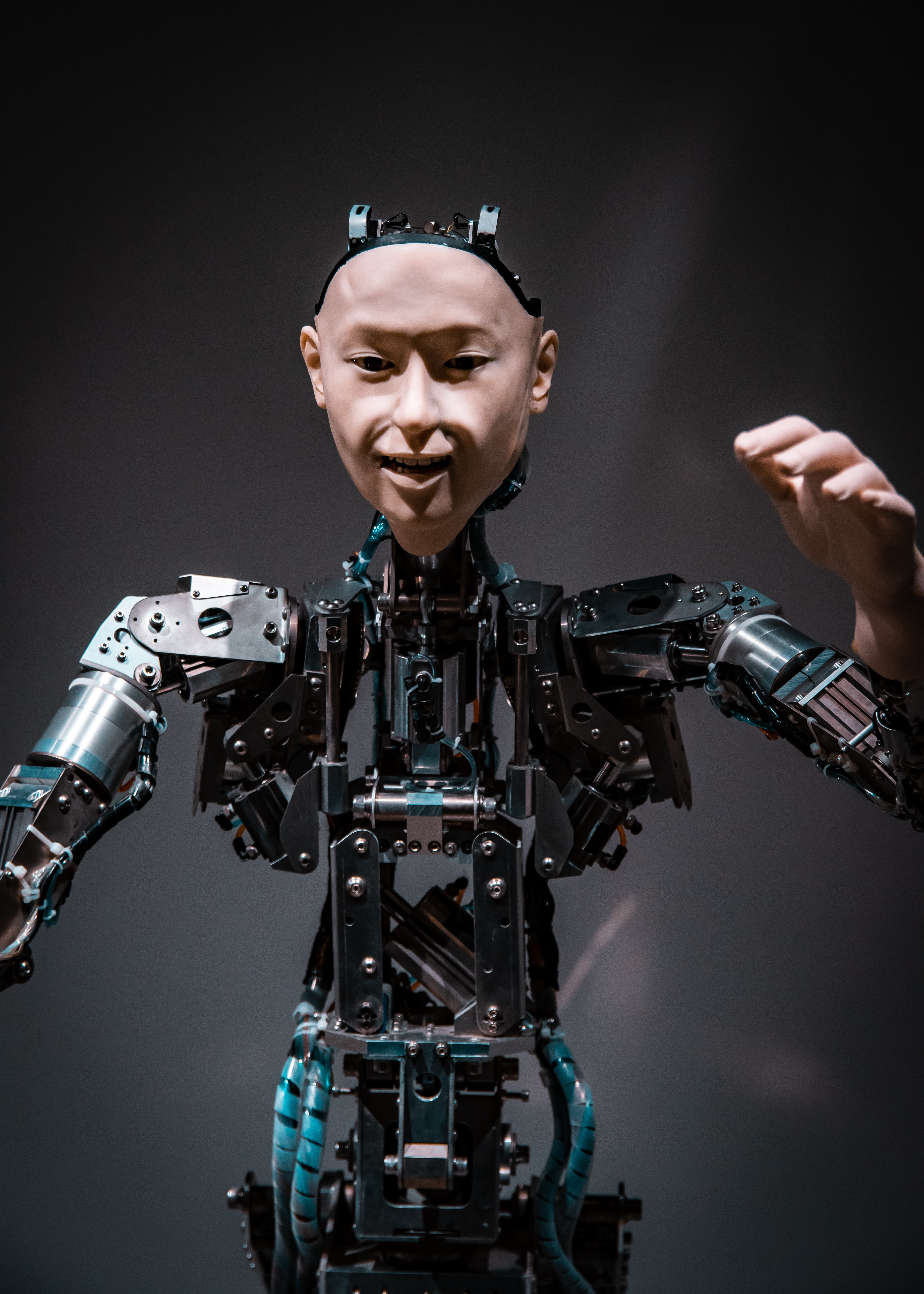

Is artificial intelligence a threat to human jobs and society?
Artificial intelligence (AI) has the potential to disrupt various industries and change the nature of work. While it can create new job opportunities, there are concerns about the potential threat it poses to human jobs and society. Here is a detailed answer discussing both the positive and negative impacts of AI on jobs and society:
1. Job Displacement: AI has the ability to automate routine and repetitive tasks, which may lead to job displacement in certain industries. For example, manufacturing and assembly line jobs have been gradually replaced by robots and automated systems. A study by the World Economic Forum suggests that by 2025, automation may displace around 85 million jobs globally, particularly in sectors such as customer service, data entry, and transportation.
2. Job Transformation: While some jobs may be lost, AI also has the potential to transform existing jobs rather than completely replacing them. AI can augment human capabilities, enabling workers to focus on higher-level tasks that require creativity, problem-solving, and critical thinking. For instance, in the healthcare sector, AI can assist doctors in diagnosing diseases, allowing them to spend more time interacting with patients.
3. New Job Opportunities: AI can create entirely new job opportunities that were previously unimaginable. As AI technology advances, new roles such as AI trainers, data scientists, and AI ethicists are emerging. Additionally, the development and maintenance of AI systems require human expertise. A report by Gartner predicts that by 2025, AI will create more jobs than it eliminates, with a net increase of 2 million jobs.
4. Economic Impact: The widespread adoption of AI could lead to economic growth and increased productivity. According to a report by PwC, AI could contribute up to $15.7 trillion to the global economy by 2030. This economic growth can potentially offset job losses and create new opportunities in other sectors.
5. Ethical and Social Challenges: AI raises ethical concerns and potential societal challenges. For instance, the use of AI in surveillance systems and facial recognition technologies can infringe on privacy rights. Bias in AI algorithms can perpetuate existing social inequalities and discrimination. It is crucial to develop regulations and ethical frameworks to ensure AI is used responsibly and addresses societal concerns.
In conclusion, while AI has the potential to disrupt jobs and society, it is a complex issue with both positive and negative impacts. Job displacement is a concern, but AI also creates new job opportunities and transforms existing ones. The economic impact of AI can be significant, but ethical and social challenges must be addressed to ensure responsible AI deployment. It is essential for governments, organizations, and individuals to proactively prepare for the changes brought by AI to mitigate any negative consequences and maximize the benefits.
Related Posts
© 2025 Invastor. All Rights Reserved

User Comments